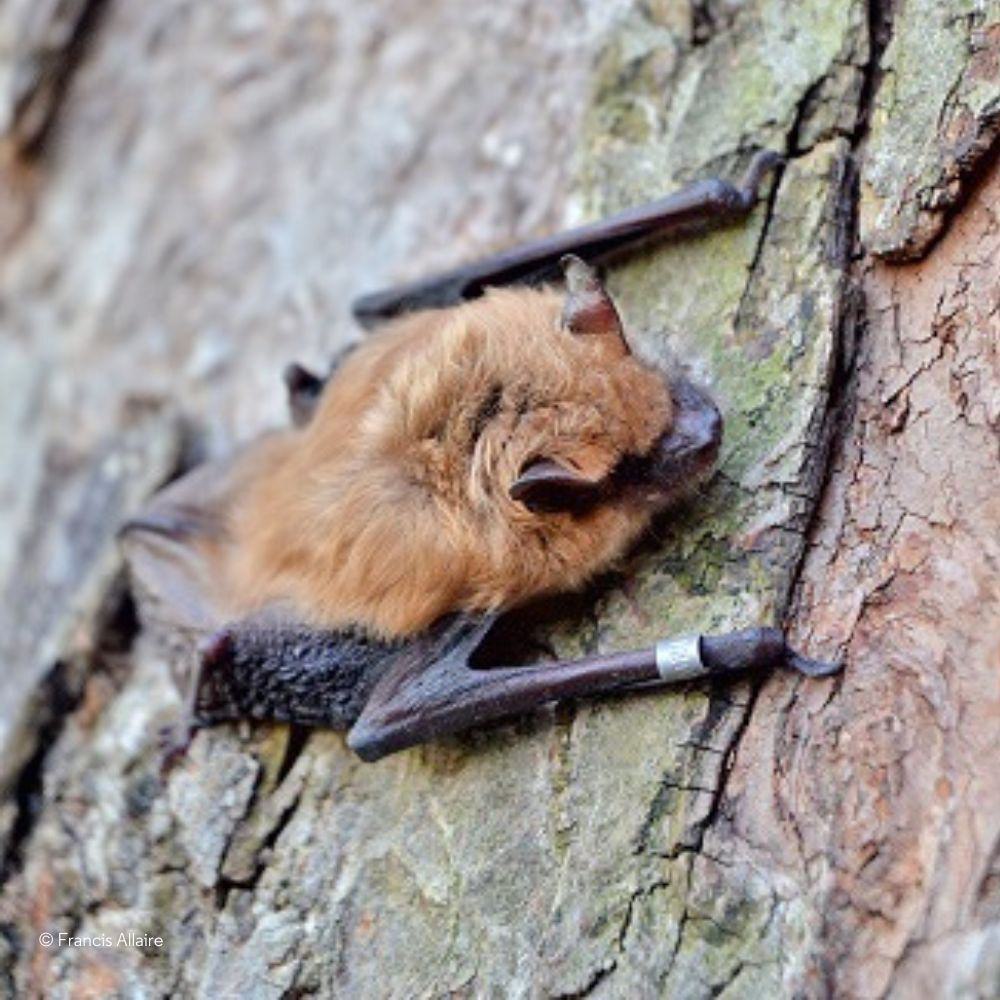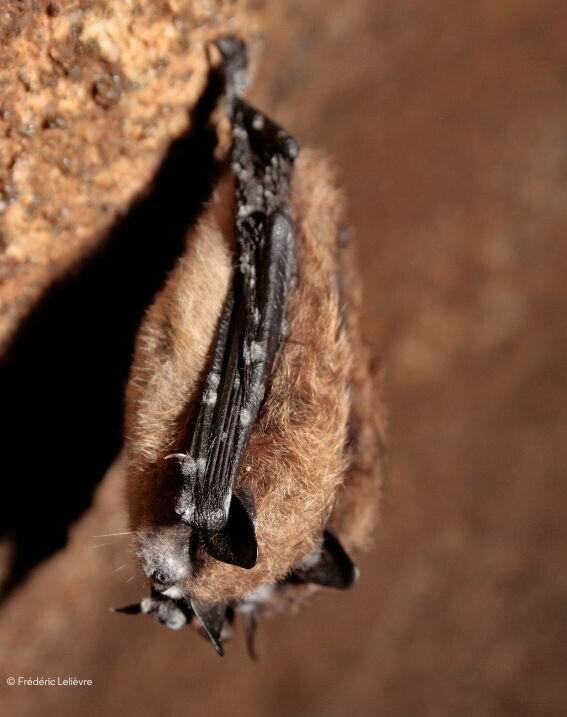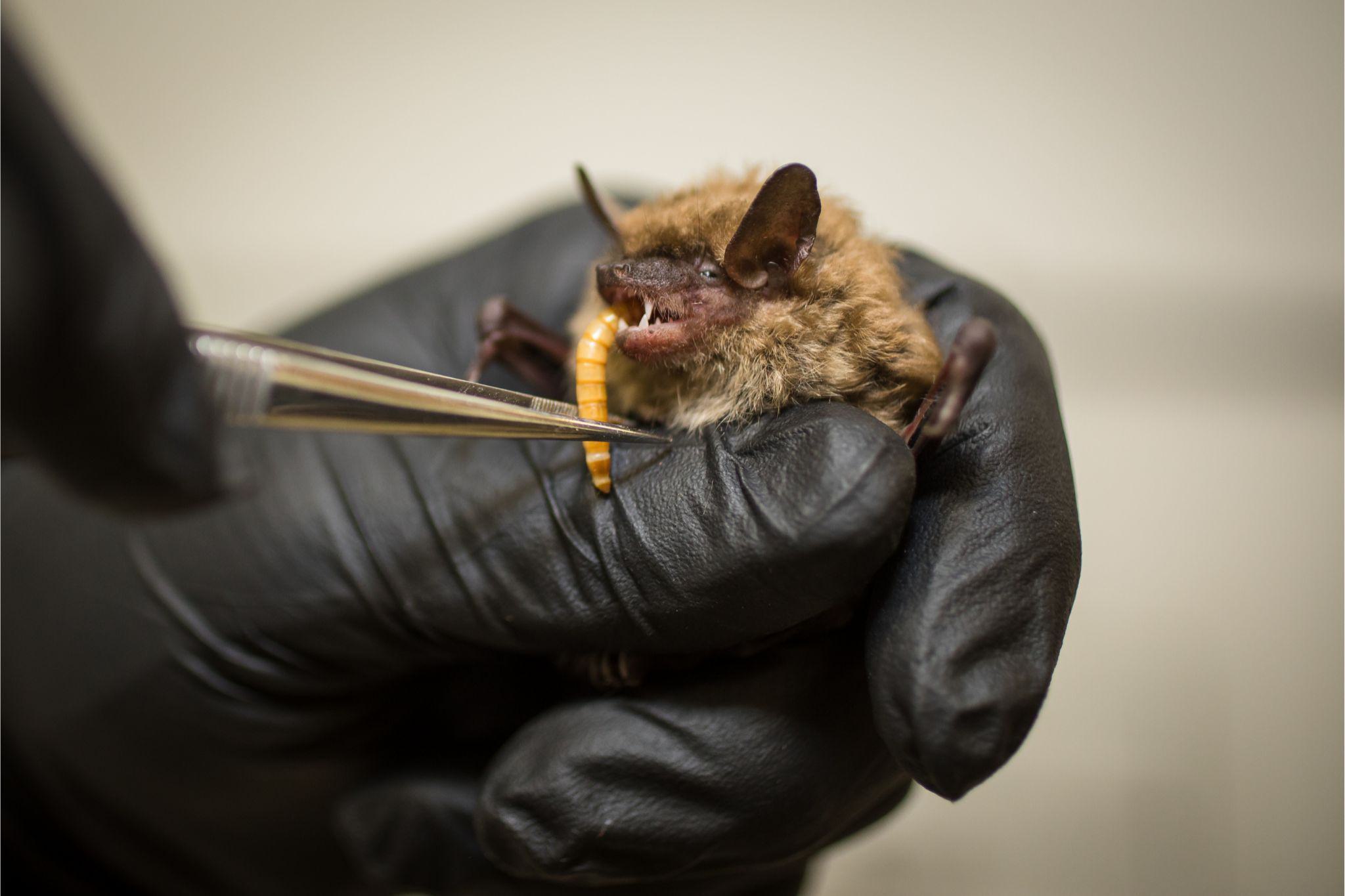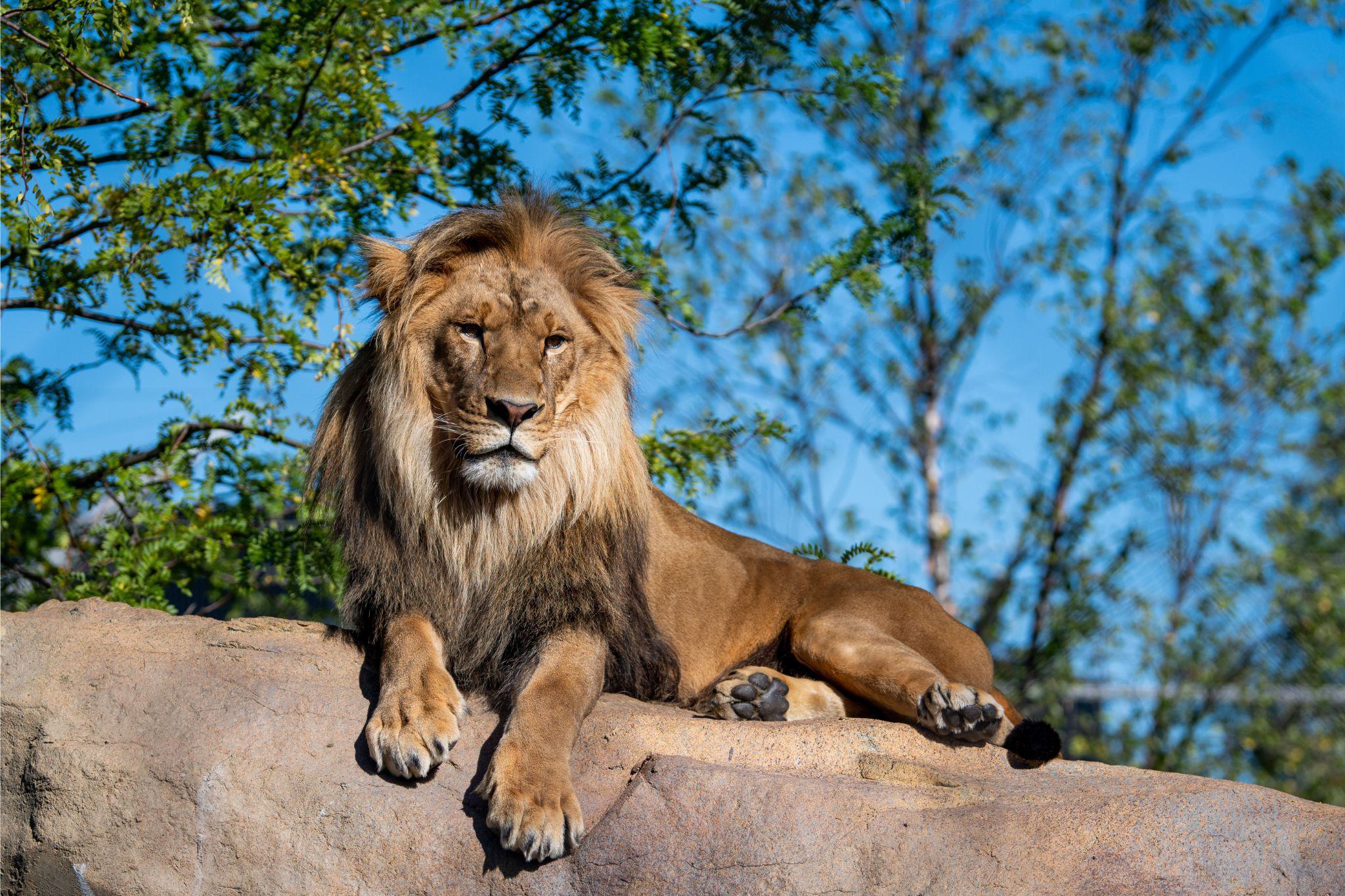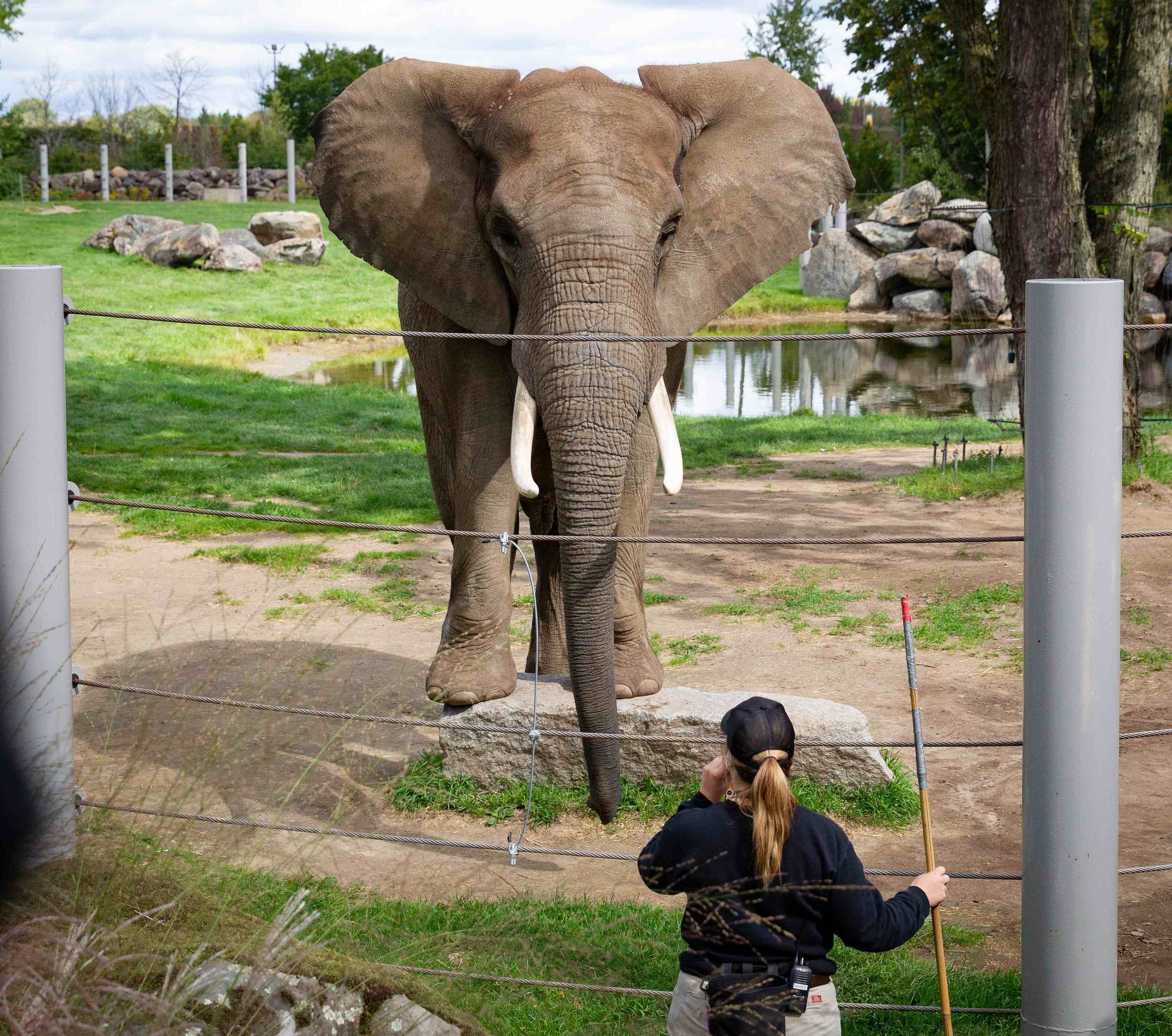Recovery of bats in Québec
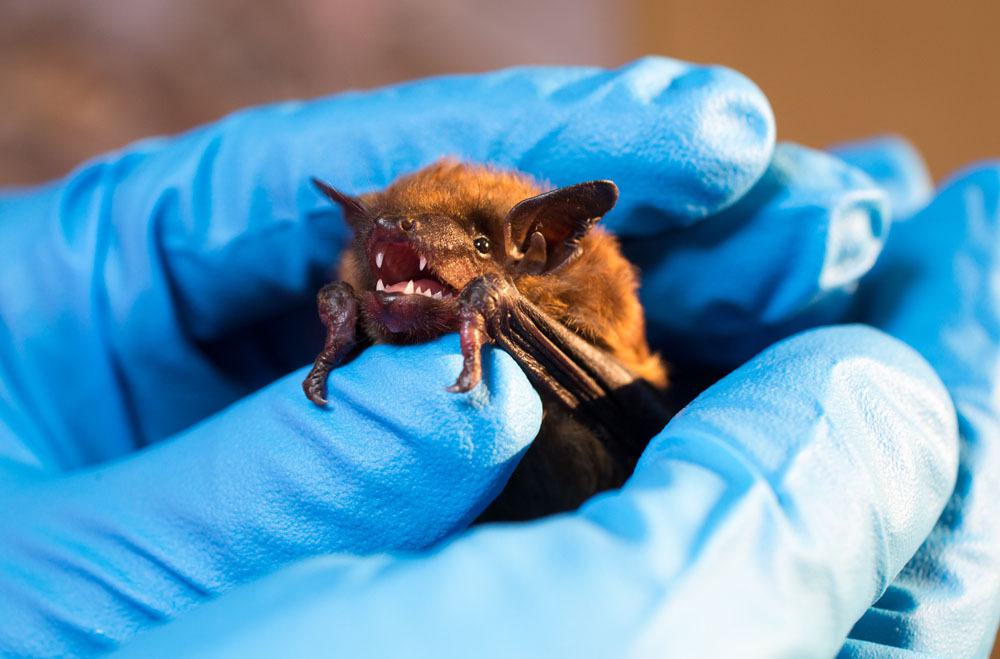
CHIROPTERANS BEYOND THE MYTHS
Threatened by white-nose syndrome, the loss of their habitat and the destruction of their roosts, bats need our help. They are key players in all the world's terrestrial ecosystems and help control insect populations, including those considered harmful to farming and the forestry industry.
VISION FOR THE FUTURE
The Zoo de Granby, with its extensive expertise, is committed to the long-term conservation of bats. We'll continue to acquire knowledge through recurrent monitoring of dormitories and targeted acoustic inventories. We'll also continue our collaborative approach with pest management professionals through consultation and training activities. By 2023, the Green Mountains region (in the Eastern Townships and Montérégie-Est) will be a priority for the Zoo and its collaborators in the context of a major conservation program.
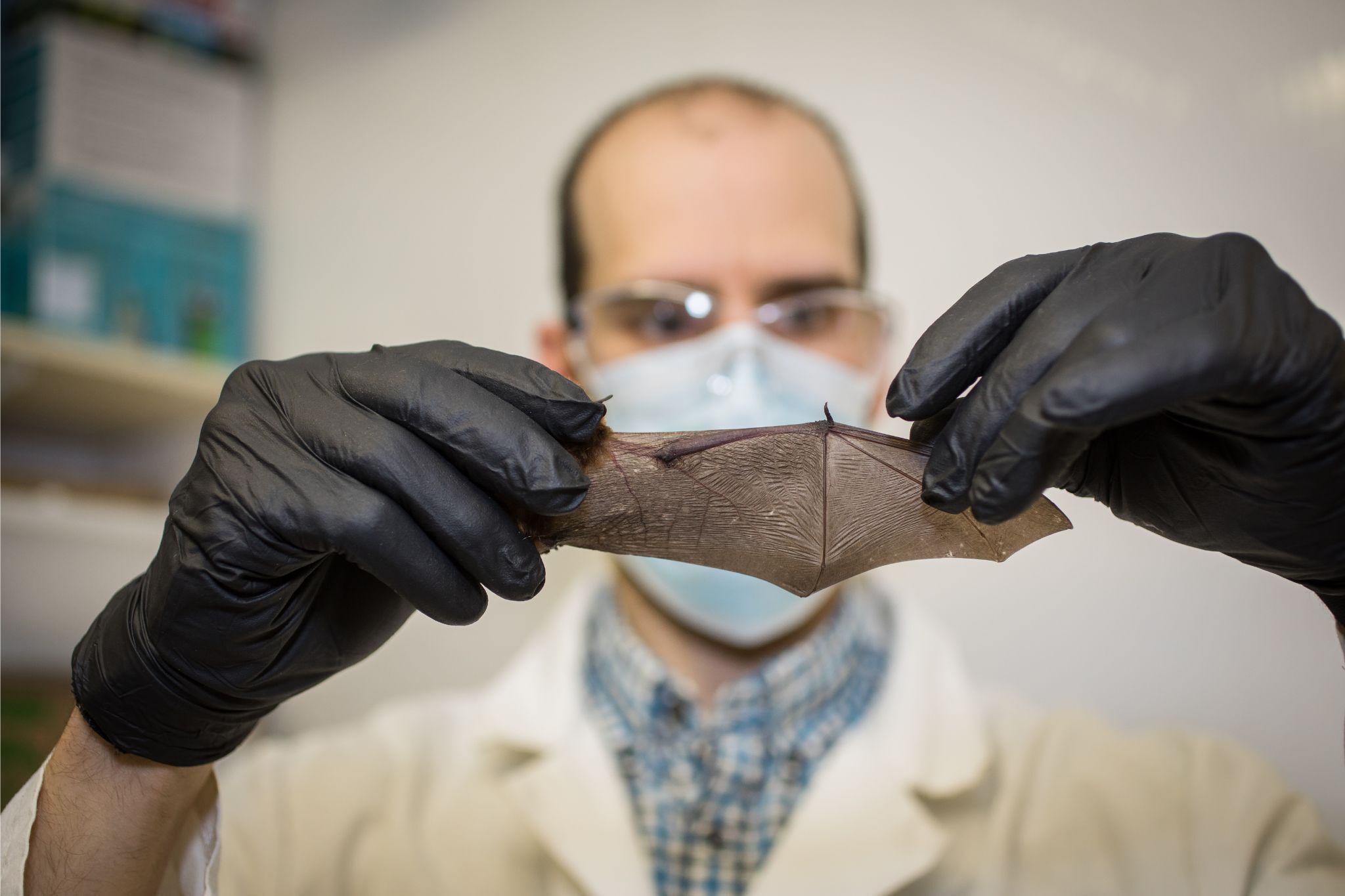
OVERVIEW
